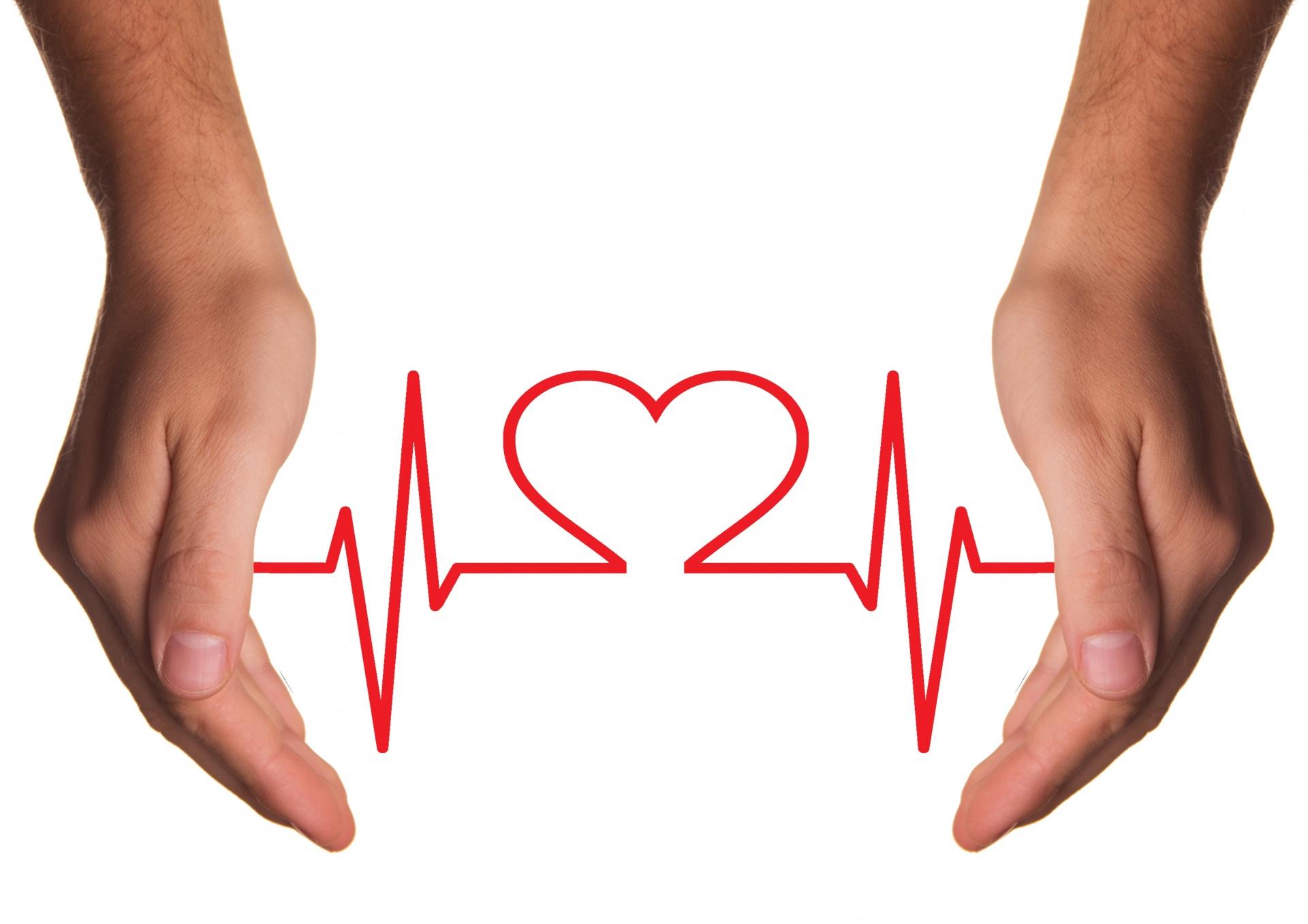In today’s healthcare sector, it has become a priority for the providers to deliver value-based care. With the increasing intervention of technology in healthcare and playing a major role in its success, hospitals are investing in medical software solutions and healthcare mobile app development.
In the year 2016, it was estimated that the global digital health market was around $100 billion, and there is a high probability that this number is going to get doubled by the year 2020. Undoubtedly, a large number of US hospitals have opted for maintaining health records in a digital way. Along with that, mhealth apps also play an important role in people’s lives. Today, everyone is trying to manage their health with these apps.
Now, let’s have a look at what else technology is bringing to our healthcare sector.
Today, a large number of healthcare app development companies are into creating multiple healthcare apps. Healthcare vendors are enabling hospitals to boost employee efficiency and deliver better care, by providing best, impactful solutions.
Software systems
With the intervention of technology in healthcare and being a part of the digital health sector, one practice that completely vanishes is the paperwork. Nowadays, hospitals and clinicians prefer keeping PHI and managing inventory in digital form.
From Electronic Health Records (EHR) and Electronic Medical Records (EMR) to Hospital Information System (HIS) and healthcare CRM, technology has changed the way hospitals used to keep the records.
With the help of these solutions, healthcare providers can store, update, and share patient data easily, and focus on more on patients and their needs.
From Cardiovascular information systems to picture archiving and communication system, from dental practice management software to radiology information systems, all these improve patient outcomes and make data management better.
mHealth Apps
The market for mhealth apps is growing at a rapid pace, reached almost $23 Billion in the year 2017. Physicians use these apps for multiple purposes. Such as clinical assistance app lets physicians access lab results and other related information. Whereas monitoring apps enable doctors to analyze patient’s symptoms anywhere, anytime. With communication apps, doctors can connect with peers and share health data across multiple medical facilities.
The Wearables and Internet of Things (IoT)
Today, the treatment has become smart. There are smart beds and sensors to accommodate patients, smart lenses for bad vision correction, and even there are smart pills in order to control patient’s medicine taking habits. IoT is a lot bigger than these devices. Wearables also getting famous with its apps. Wearables apps are proven useful in order to gather biometric data, control patient’s heartbeat, glucose level, pulse rate, and evaluate the quality of patient’s life during cancer treatment.
Medical portals
Another aspect where technology is playing a major role is the patient engagement. Online portals provide patients 24*7 access to their health history or data, such as medication doses, recent visits, lab test results, allergy lists, and so on. These portals enable patients to improve their health literacy, ask for prescription refills, hold online consultations with doctors, and complete online forms.
Big data
Healthcare has changed one of the most crucial aspects, big data. In the medical centers, it is treated as an asset that can refine decision-making process. Connected devices gather necessary information, pass these information to the big data analytics which is responsible for examining these amount of data, lastly offers meaningful insights to the physicians.
Any hazards on the way to get success?
Every technological venture has an opposite side. Before going for healthcare app development, there are certain aspects that need to be considered.
-
HIPAA-compliance:
As the majority of healthcare solutions store, process, and share protected health information (PHI), it is necessary to take certain steps towards the safety of such sensitive data. And in order to avoid data leakage, ensure that your solution is HIPAA-compliant.
-
Interoperability:
When there is talk about integrated solutions such as EHR with medical portal or RIS with PACS or sharing PHI among different healthcare organizations, interoperability plays a vital role. That’s why it’s necessary that your software comes with FHIR initiative and deliver an interoperable solution.
-
Technology acceptance:
Apart from the array of Health IT provides benefits, patients and physicians are reluctant to accept the technological benefits because of the barriers. And in order to make technology reign in your clinic or hospital, you would need a coherent and comprehensive strategy.












No Comments